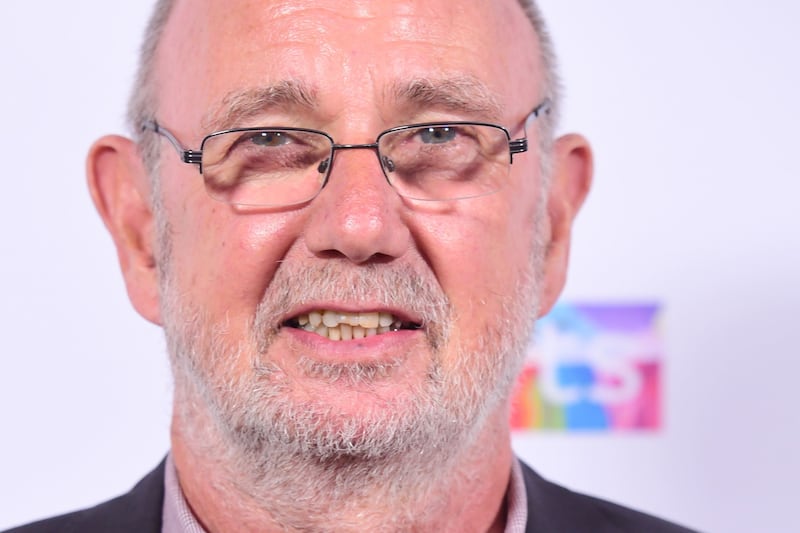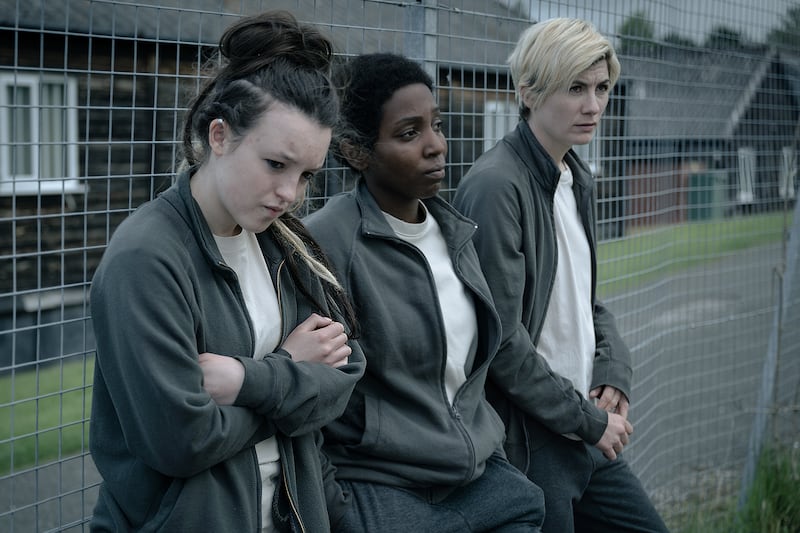IT has come as something of a shock to discover that we are now more than halfway through the year.
The longest day has passed as has Trinity Sunday and we are now in what in liturgical terms is called 'Ordinary Time', which will last until mid-November. Time's arrow is in full flight.
I don't know about you, but over the past two years of the Covid pandemic, my sense of time has come to feel more and more like that famous Salvador Dali painting, The Persistence of Memory, in which the drooping clocks adorn a dreamlike landscape.
Yet while the painting seems to mock the very passage of time, it still manages to offer an interesting take on our understanding of the very concept of time.
On a lighter note, I remember hearing about the man who went into a clock-maker's shop and inquired why all the clocks in the window showed a different time.
"And what," said the shopkeeper, "would be the point of having them all tell the same time?" What, indeed.
I wonder if something strange has happened to our sense of time during the pandemic when so many of us worked from home and schedules, social events and lifestyles underwent such change. Hopefully, we've come to realise that something is lost when we're unable to turn off the ticking clock.
The ancient Greeks were so fascinated by the concept of time that they even had two words for it: chronos and kairos. Chronos time is mostly chronological, quantitative, about how we measure the passing days and from which we get the word 'chronology'.
However, the trouble with being able to measure time chronologically or quantitatively, is that it enables us to learn quickly how to worry about whether or not we can have enough of it.
Just think of our cultural lexicon in relation to time: "Time waits for no one"; "Don't waste time"; "Time is money", etc. We are obsessed with time, afraid of losing it, of running out of it.
But days marked only by chronos time bind us in ways that can feel restrictive, demanding and even worrying.
So how do we account for the qualitative time of our lives, kairos time? To grasp kairos time we have first to release some of our anxiety around chronos time.
Of course, we all have our work and commitments that require adherence to schedules and plans. However, I think we can still learn to keep time in a way that not only makes sure we accomplish all we need to but that also keeps us open to being steered by life in ways we may not have anticipated.
And a kairos moment can open up anywhere and for any length of chronological time.
It can involve simple exercises like praying, reading, walking, listening to music, even just staring out the window; all these help keep one attentive, open and in tune with what has been called the "sacrament of the present moment".
I can't help feeling that if we were more used to living in kairos time we would have a better understanding of time and how precious it is in our frenetic and fast-moving world.
There's surely something psychologically freeing about "taking your time", about standing still momentarily, about taking what Virginia Woolf called "a moment's Liberty" to think and reflect.
Such an exercise might well invite us to ask: "What is time for?" And, more importantly: "What are we doing with it?"
Fr Gerry McFlynn is a Down and Connor priest and project manager for the Irish Council for Prisoners Overseas. He is based in London with the Irish Chaplaincy.







